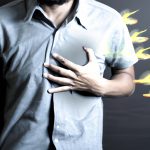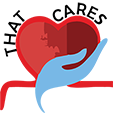Heart problems are one of the leading causes of death in the India. It’s important to recognize the symptoms and get to a cardiologist as soon as possible.
Coronary heart disease is caused by a build-up of plaque in the arteries that supply blood to the heart muscle. This build-up narrows the arteries and restricts the flow of blood. As the plaque builds up, it can cause chest pain (angina), shortness of breath, or a heart attack.
What to Look/Listen for..
Blood pressure
Along with lower back or chest pain, chest pain is often a symptom of heart disease.
Here’s what you should look for:
- Pain in the middle or lower part of your chest.
- Pain that radiates down toward your neck or jaw.
- Pain that worsens with activity or exercise.
- Pain that is constant or slowly decreasing. (pain may get worse if you get nervous. It may get better if you lie still.)
Pain that worsens with food
Pain that worsens with cold climate
These symptoms can also be caused by other conditions, so you need to see a doctor.
One of the common symptoms of heart problems is chest pain.
Remember that chest pain is about 20 to 30 times more likely to be a symptom of a heart attack or other serious heart-related disorder than indigestion.
Recognize the Urgency
Let’s say you suffer from chest pain. Would you know it was indicative of heart problems and serious enough to warrant immediate medical help?
Not likely.
The typical patient will assume it’s nothing meeting with a physician, but rarely are these issues insignificant. Sometimes, minor chest pain needs to be controlled and used as a warning sign against something more serious. This point is the importance of recognizing the symptoms and getting to your cardiologist as soon as possible.
Third Aids to Good Cardiac Care
There are several signs to look for that may indicate a need for physical rehabilitation and more regular visits to your cardiologist. These include:
- Collapsing, or an unexpected drop in your BP in a short period of time

- Difficulty taking stairs or walking
- Persistent pain in the chest, neck, or back after a cardiac event
- Shortness of breath
- Recurring episodes of leg swelling (often caused by uncontrolled high blood pressure)

